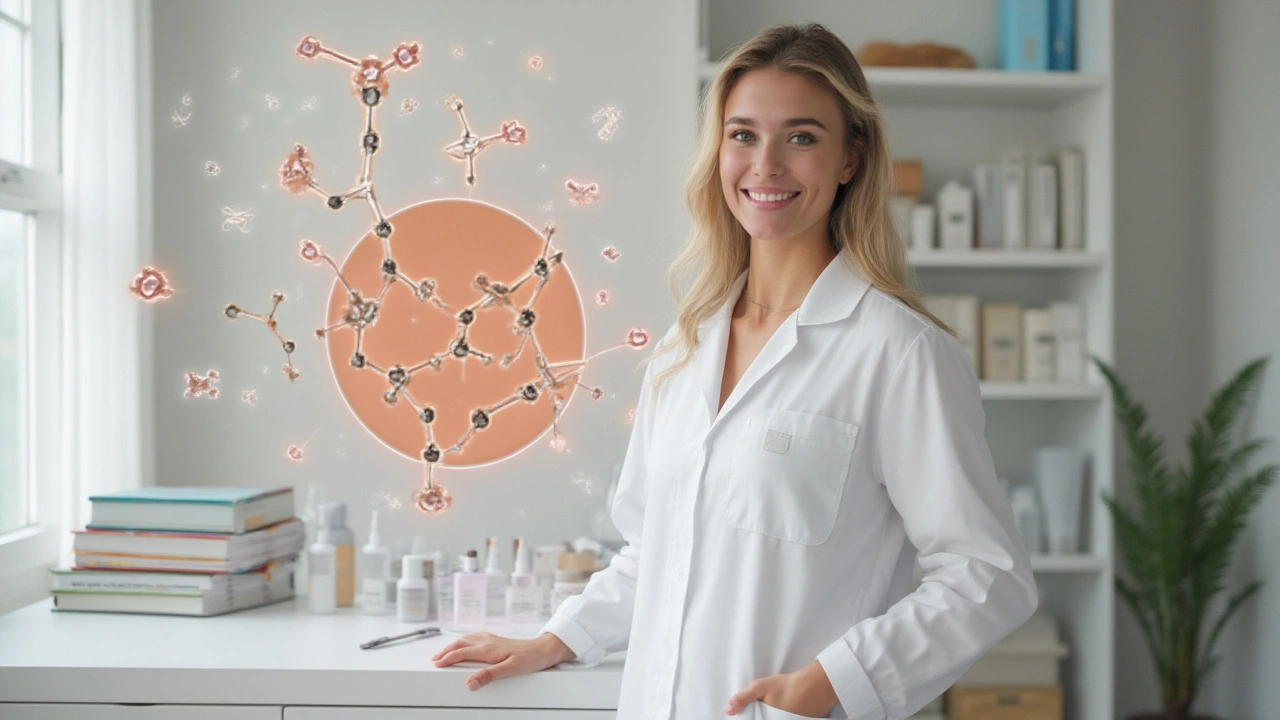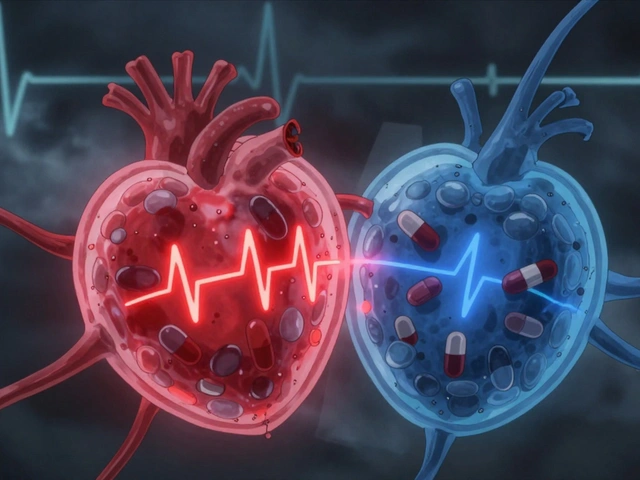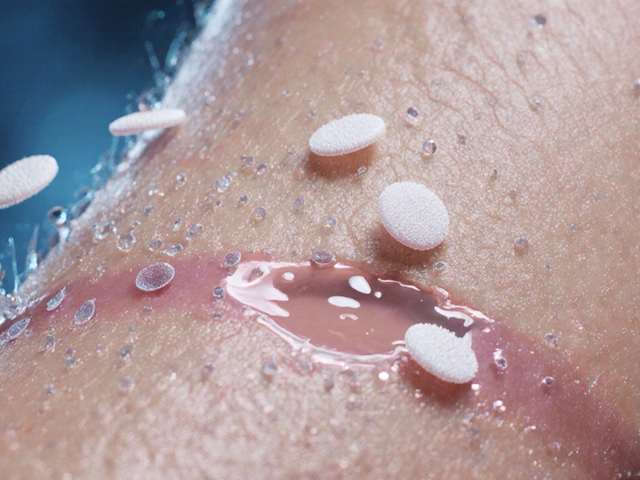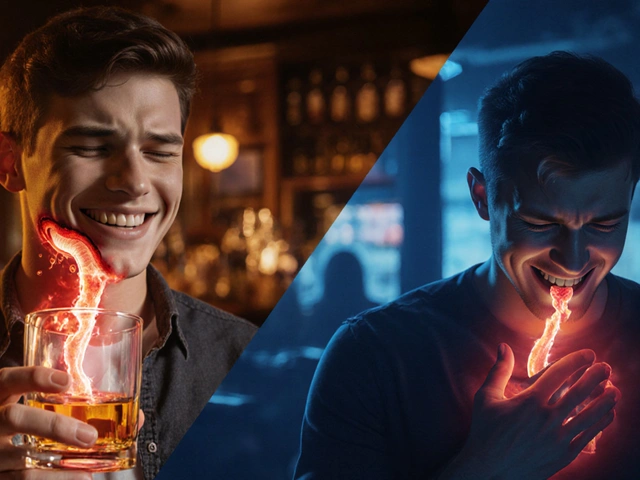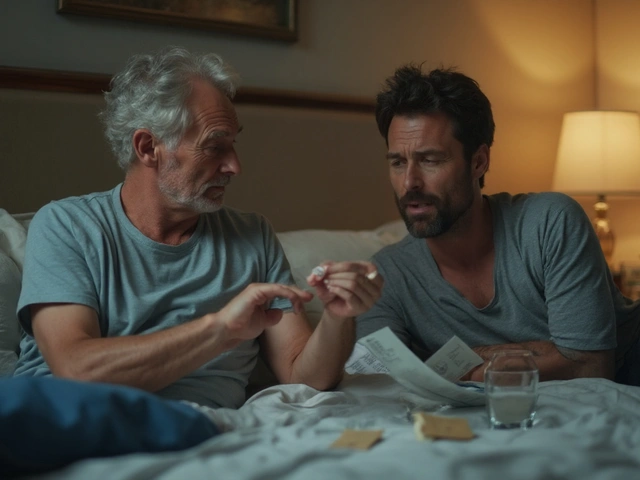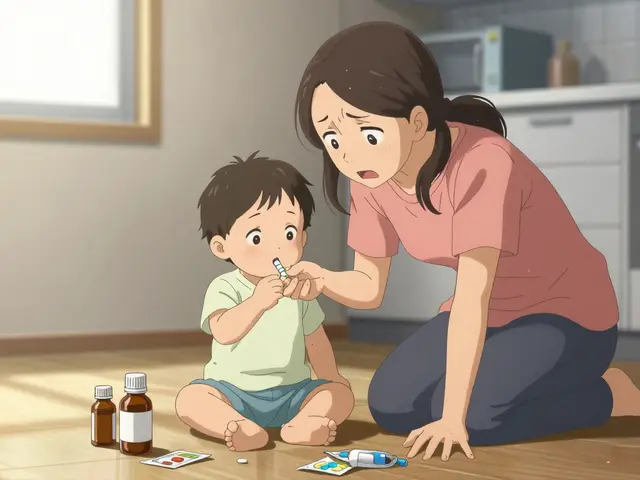Acne Treatment: What Works and What Doesn’t
If you’re battling breakouts, you’re not alone. Acne shows up at any age and can feel frustrating, but the good news is there are real solutions that don’t require a miracle cure. Below you’ll find the most effective steps you can start today, from proven medications to simple habits that keep your skin calm.
Quick Fixes You Can Try Right Now
First, clean your face twice a day with a gentle cleanser. Harsh scrubbing can irritate the skin and make pimples worse. Look for products with benzoyl peroxide or salicylic acid – they clear blocked pores and kill acne‑causing bacteria. Apply a thin layer after washing, and start with a low concentration (2.5% is a safe bet) to avoid redness.
If you have occasional flare‑ups, an over‑the‑counter spot treatment is a good backup. Dab a small amount of benzoyl peroxide directly on the blemish and let it dry. Most people see a difference in a few days, but keep using it for at least two weeks to stop new spots from forming.
When Prescription Meds Make Sense
When acne is moderate to severe, or when OTC products aren’t enough, it’s time to talk to a doctor. A dermatologist can prescribe topical retinoids like adapalene, which speed up cell turnover and keep pores clear. Oral antibiotics such as doxycycline work by reducing inflammation and bacterial growth, but they’re usually short‑term to avoid resistance.
For persistent cystic acne, hormonal options like combined oral contraceptives or spironolactone can be a game‑changer, especially for women. These treatments target the hormonal spikes that often trigger breakouts. Always discuss side effects and what’s right for your health history before starting any prescription.
Another prescription option is isotretinoin (Accutane). It’s powerful and can clear severe acne permanently, but it comes with strict monitoring because of potential side effects. If your doctor suggests it, they’ll set up regular blood tests and pregnancy checks.
Beyond meds, lifestyle tweaks can boost results. Try to keep hair and face away from each other – oils from hair products can clog pores. Change pillowcases weekly, and avoid touching your face with dirty hands.
Stress isn’t the main cause of acne, but high stress levels can flare it up. A quick 10‑minute walk, breathing exercise, or short workout can lower cortisol and keep your skin calmer.
Finally, remember that results take time. Most treatments need 4‑8 weeks to show a noticeable improvement. Stick with the routine, avoid picking at spots, and give your skin a chance to heal.
Tretiva (Isotretinoin) 2025: Uses, Dosage, Side Effects, and Safe Access
What Tretiva is, how to use it safely, side effects, dosing, and how to find the official leaflets and UK safety steps. Clear guidance for 2025.
Benzoyl Peroxide in Hormonal Acne: Clearer Skin with Science-Backed Results
Discover how benzoyl peroxide targets hormonal acne, backed by science and real-life tips for clearer skin. Get facts, tips, and honest advice from Bristol.

